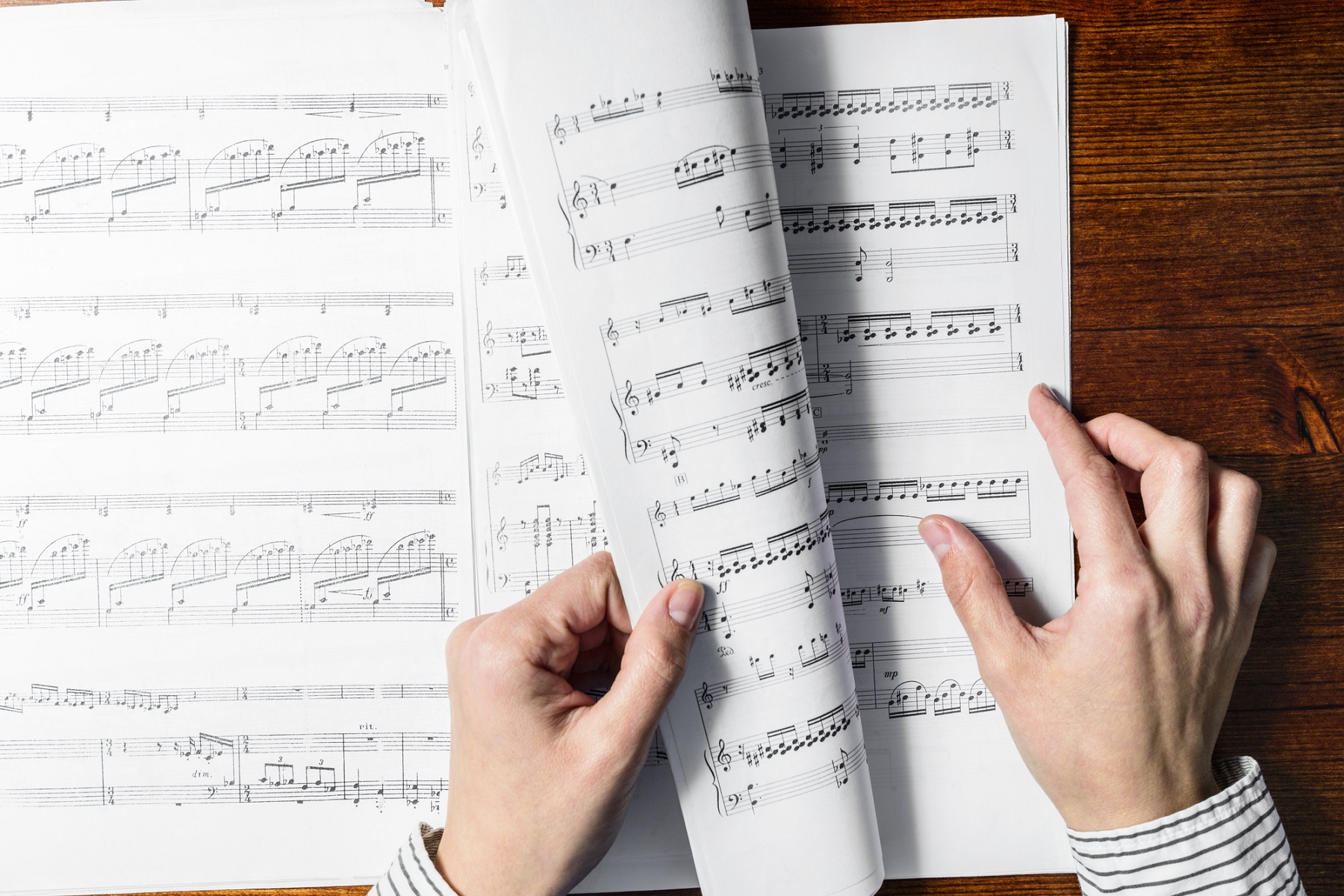Learning classical piano can be a rewarding experience, especially when you start with easy classical piano songs. These pieces help beginners develop finger strength, improve hand coordination, and gain confidence in playing. Choosing the right songs can make the learning process enjoyable while providing a strong foundation for future progress.
Explore
- 1 Why Start with Easy Classical Piano Songs?
- 2 Recommended Easy Classical Piano Songs
- 3 1. Für Elise – Ludwig van Beethoven
- 4 2. Prelude in C Major – Johann Sebastian Bach
- 5 3. Minuet in G Major – Christian Petzold (often attributed to Bach)
- 6 4. Clair de Lune – Claude Debussy (Simplified Version)
- 7 5. Ode to Joy – Ludwig van Beethoven
- 8 6. Canon in D – Johann Pachelbel (Simplified Version)
- 9 7. Swan Lake Theme – Pyotr Ilyich Tchaikovsky
- 10 8. Moonlight Sonata (First Movement) – Ludwig van Beethoven (Simplified Version)
- 11 9. Gymnopédie No. 1 – Erik Satie
- 12 10. The Entertainer – Scott Joplin (Simplified Version)
- 13 Tips for Learning Easy Classical Piano Songs
- 14 How to Progress After Learning Easy Classical Piano Songs
Why Start with Easy Classical Piano Songs?

Classical music has a rich history and offers a variety of compositions suitable for beginners. Many well-known classical pieces have simplified versions, making them accessible for those just starting. Learning easy classical piano songs allows students to appreciate the beauty of classical music without feeling overwhelmed by complex techniques.
Some benefits of learning easy classical piano songs include:
- Building Finger Dexterity – Classical pieces often require the use of both hands, helping to strengthen coordination.
- Improving Sight Reading – Familiarity with classical compositions enhances note recognition and timing.
- Enhancing Musical Expression – Classical music teaches players how to convey emotions through dynamics and phrasing.
- Developing Confidence – Playing well-known and recognizable pieces boosts motivation and confidence.
Recommended Easy Classical Piano Songs
Here are some excellent easy classical piano songs that beginners can start with:
1. Für Elise – Ludwig van Beethoven
One of the most famous piano pieces ever written, Für Elise is an excellent choice for beginners. The main theme is simple yet beautiful, allowing new players to practice smooth transitions and dynamics. While the full version has more advanced sections, the iconic opening part is perfect for starters.
2. Prelude in C Major – Johann Sebastian Bach
Bach’s Prelude in C Major from The Well-Tempered Clavier is a great piece for beginners due to its repetitive and flowing pattern. The left-hand accompaniment remains consistent, making it easier to focus on the right-hand melody.
3. Minuet in G Major – Christian Petzold (often attributed to Bach)
A charming and elegant piece, Minuet in G Major helps beginners practice basic finger movements and note transitions. This piece is often included in beginner piano lesson books due to its simplicity and melodic appeal.
4. Clair de Lune – Claude Debussy (Simplified Version)
While Clair de Lune in its entirety is quite complex, simplified versions make it accessible to beginners. The dreamy melody and expressive phrasing make it a great choice for those wanting to explore Impressionist music.
5. Ode to Joy – Ludwig van Beethoven
Ode to Joy from Beethoven’s Symphony No. 9 is a fantastic piece for absolute beginners. The melody is straightforward, and it helps develop a sense of rhythm and hand coordination.
6. Canon in D – Johann Pachelbel (Simplified Version)
This timeless piece is often played at weddings and formal events. While the original version is intricate, simplified arrangements allow beginners to enjoy its harmonic progression and melodic beauty.
7. Swan Lake Theme – Pyotr Ilyich Tchaikovsky
For those interested in classical ballet music, Swan Lake Theme is a great starting point. The hauntingly beautiful melody is easy to play and provides an introduction to the Romantic era of classical music.
8. Moonlight Sonata (First Movement) – Ludwig van Beethoven (Simplified Version)
The original Moonlight Sonata can be challenging, but simplified versions make it suitable for beginners. The piece’s slow, melancholic melody helps learners practice expressive playing and pedaling techniques.
9. Gymnopédie No. 1 – Erik Satie
A calm and meditative piece, Gymnopédie No. 1 is excellent for beginners interested in a more relaxed playing style. The slow tempo and repetitive patterns make it a great piece to practice hand independence.
10. The Entertainer – Scott Joplin (Simplified Version)
While not strictly classical, The Entertainer is a ragtime classic that introduces beginners to syncopation and rhythmic variations. Simplified versions make it easy for those just starting to develop their sense of timing.
Tips for Learning Easy Classical Piano Songs
- Start Slow – Playing at a slower tempo allows for better note accuracy and hand coordination.
- Practice Hands Separately – Focus on one hand at a time before playing both hands together.
- Use a Metronome – Maintaining a steady rhythm is essential for developing timing and consistency.
- Break Songs into Sections – Learning smaller sections first makes it easier to memorize the full piece.
- Focus on Expression – Classical music is about more than just playing the notes; dynamics and phrasing bring the music to life.
How to Progress After Learning Easy Classical Piano Songs
Once you’ve mastered easy classical piano songs, consider progressing to intermediate pieces. Composers like Chopin, Liszt, and Rachmaninoff have beautiful yet more challenging works for those ready to advance. Additionally, exploring different musical styles, such as jazz or contemporary piano music, can further enhance your skills.
Playing easy classical piano songs is an excellent way to build a strong foundation in music. By choosing the right pieces, practicing consistently, and enjoying the learning process, beginners can develop their skills while appreciating the timeless beauty of classical music.